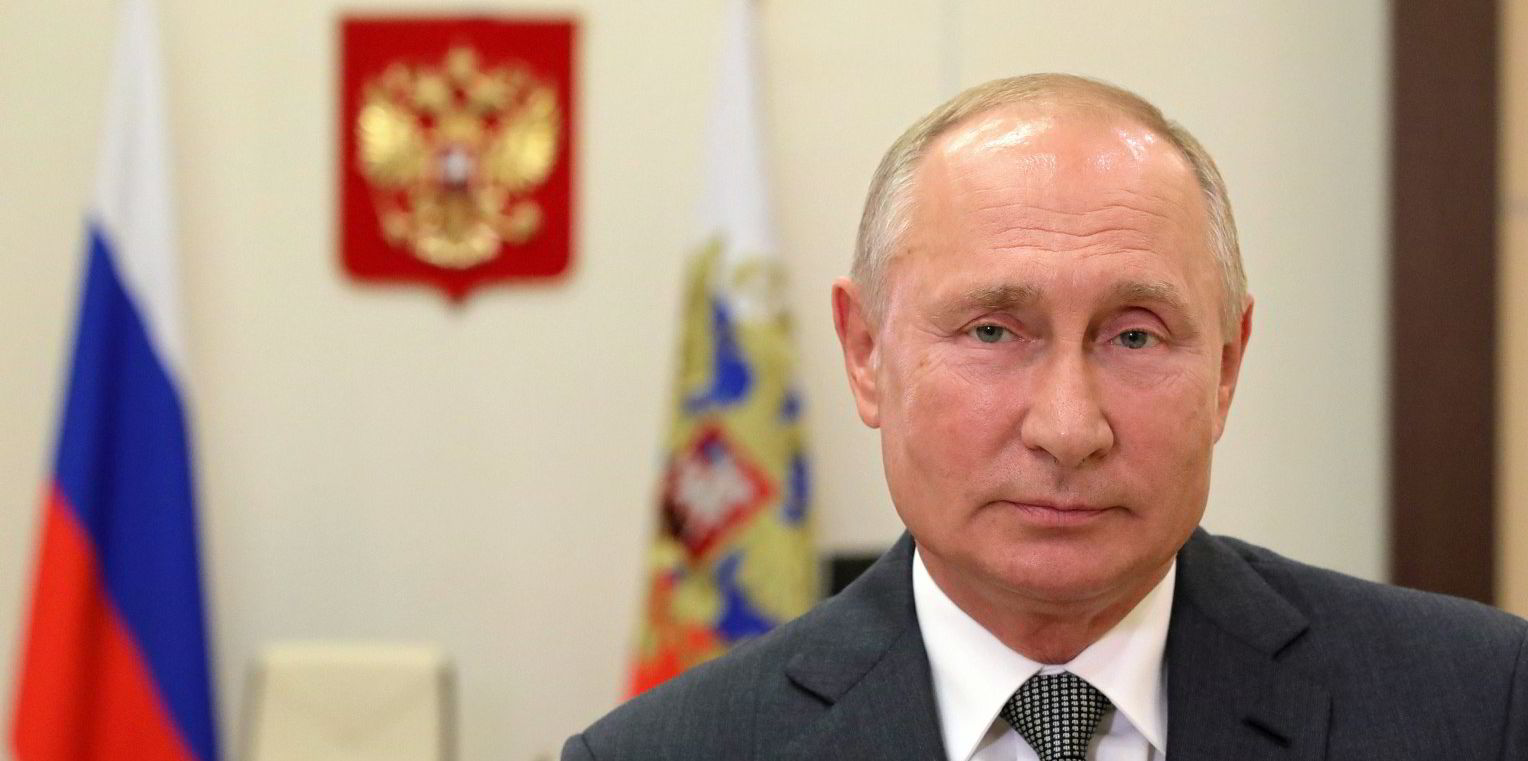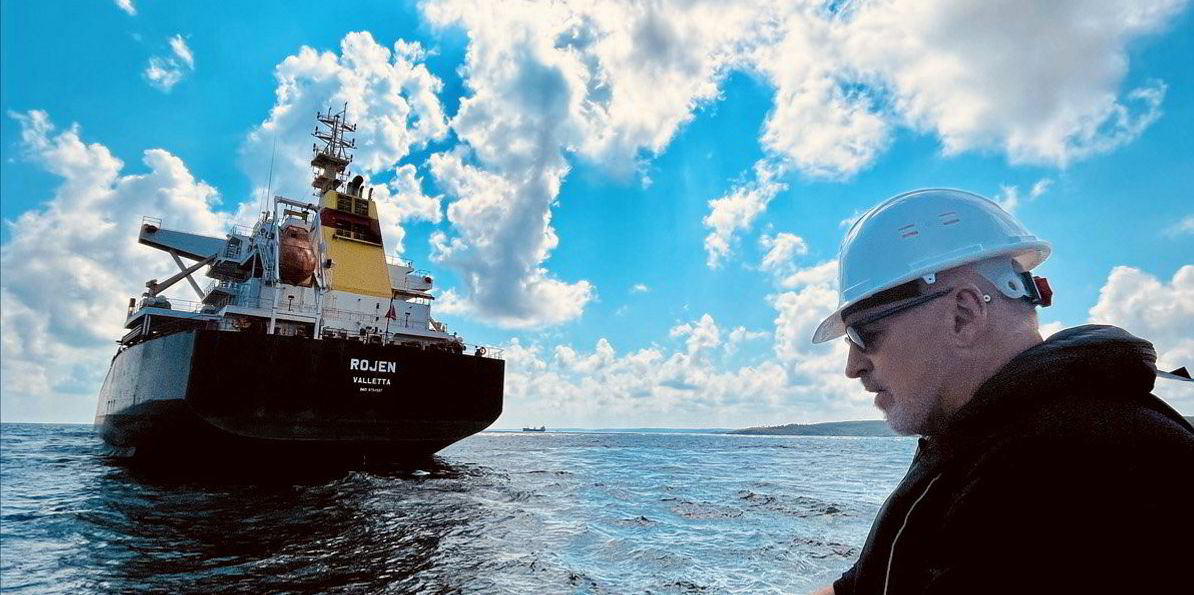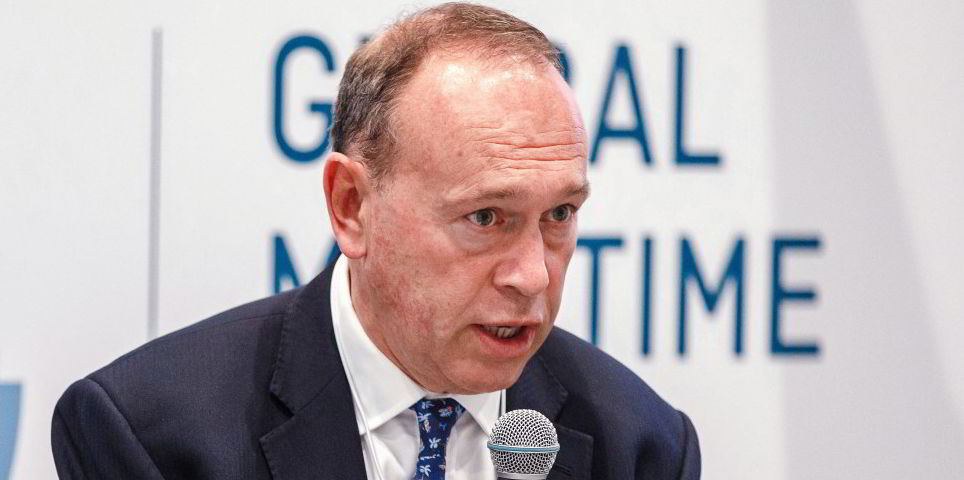Four days after suspending its backing for a United Nations-led safe passage for the seaborne transport of Ukrainian grain, Russia announced on Wednesday that it is returning to the scheme.
The Russian Ministry of Defence said on its website that it had received the guarantees it had been demanding from Ukraine that the corridor would not be used for military purposes.
“The Ukrainian side officially assured that ‘the maritime humanitarian corridor will be used only in accordance with the provisions of the Black Sea Initiative’,” and other related regulations, the ministry said.
“The Russian Federation considers that the guarantees received at the moment appear to be sufficient, and resumes the implementation of the agreement.”
Moscow had announced its temporary withdrawal on 29 October after some of its warships suffered a drone attack at the port of Sevastopol, in Russian-annexed Crimea.
It accused Ukraine of having used the UN corridor to approach its ships.
Ukraine is said to have supplied the “necessary written guarantees” via the UN and Turkey, which helped broker the scheme in the first place.
Long-term doubts
The UN has confirmed Russia’s return to the deal.
“I welcome the return of the Russian Federation to the implementation of the Black Sea Grain Initiative [BSGI] to facilitate exports of food and fertiliser from Ukraine,” Amir Abdulla, head of the UN’s Joint Coordination Centre (JCC) in Istanbul said in a tweet.
“Grateful for the Turkish facilitation. Looking forward to working again with all parties in the Initiative.”
Russia’s return means that insurers, which said they would stop covering lucrative Black Sea grain voyages, can start writing business on the trade again.
The scheme has proved highly successful since getting up and running on 1 August, helping Ukraine export 9.73m tonnes of grain and foodstuffs.
After it gathered pace in September and October, Ukraine re-established 85% of its pre-conflict seaborne export levels, according to Clarksons.
The long-term survival of the scheme, however, is not guaranteed.
The four-month deal is subject to renewal on 22 November. Russia has warned that it might call it off if the West does not drop some of the sanctions that would facilitate the export of Russian fertiliser and agricultural commodities.
Russian participation is crucial for the BSGI to continue, the UN said on Tuesday.





